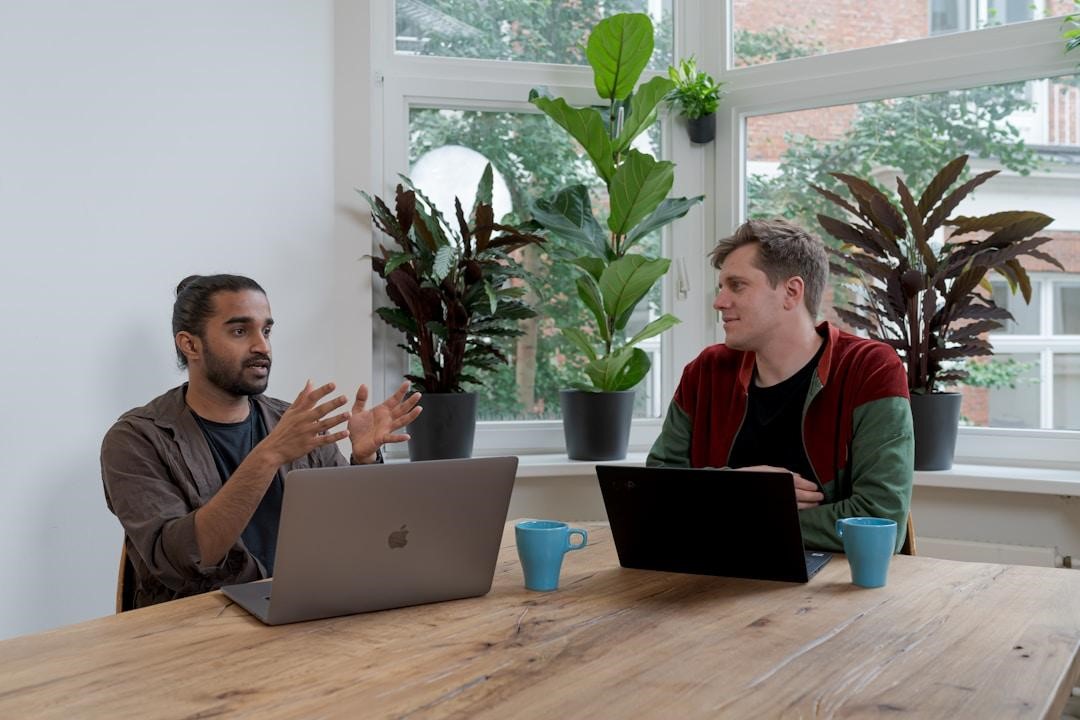Property managers face a dynamic and challenging job, juggling the demands of running an efficient business while maintaining the satisfaction of their tenants. The right tools can streamline their myriad responsibilities, from lease management to maintenance coordination. With technology evolving rapidly, selecting the most effective software and strategies has never been more important for staying ahead in property management. Tools that simplify operations can transform a property manager's day-to-day tasks, leading to remarkable gains in productivity and tenant relations. Keep reading to discover the essential resources that promise to redefine efficiency in property management.

Efficient property management hinges on the utilization of specialized software to streamline daily operations. From tenant screening to lease administration, these tools assist in maintaining order and ensuring a high standard of service. Digital platforms empower managers to perform their duties with enhanced accuracy and speed.
One such resource is property management software that integrates all aspects of managing rental properties into one comprehensive system. These programs offer features like automated rent collection, maintenance request tracking, and financial reporting, providing managers with a singular, organized view of their properties' performance.
Among various software options, Butterfly MX distinguishes itself by offering property managers a video intercom and access control system. It simplifies tenant entry with features designed to secure properties while delivering convenience to both tenants and staff. This resource affirms the value of integrating technology to bolster property security and operational fluidity.
Revenue management software also plays a pivotal role, leveraging analytics to forecast rental market trends and optimize pricing strategies. Property managers can make data-driven decisions, maximize income potential, and maintain competitive rental rates by providing actionable insights. These analytics are essential for sustainable growth and financial health in property management.

Property managers confront a multitude of challenges daily, from overseeing maintenance to ensuring tenant satisfaction. The sophisticated skill set gained through a Master of Business Administration (MBA) equips professionals with the tools to handle these responsibilities efficiently. Innovative strategies learned can transform the approach to managing property portfolios, fostering growth and sustainability in the business.
Financial acumen is paramount in property management, as managers must adeptly navigate budgeting, investment decisions, and cash flow analyses. An MBA's rigorous focus on financial management empowers property managers with the confidence to make informed, strategic decisions that enhance the financial robustness of their operations.
The dynamic nature of property management calls for an adaptive approach to strategy and problem-solving. An MBA education fosters critical thinking and proficiency in the latest managerial techniques, enabling property managers to anticipate market trends and adjust their strategies accordingly. This foresight can be the difference between thriving and merely surviving in a competitive market.
Communication skills are invaluable for property managers who must interact with a diverse array of stakeholders, including tenants, contractors, and investors. With an MBA, property managers polish these skills to a high sheen, ensuring that all communications are clear, persuasive, and results-oriented, thereby strengthening business relationships and building trust.
Property managers recognize that robust relationships with tenants underscore the success of their operations. By employing customer relationship management (CRM) software, they track tenant inquiries, complaints, and feedback, which ensures that no concern goes unaddressed and strengthens trust.
Responding promptly to maintenance requests signals to tenants that their comfort and safety are paramount. Maintenance management systems empower managers to dispatch work orders efficiently, allowing for quicker repairs and ultimately preserving the integrity and desirability of the property.
Effective communication serves as the bedrock for tenant satisfaction, necessitating tools that offer transparent and consistent interactions. Property managers adopt software that consolidates communications, ensuring that tenants receive timely updates about policy changes, community events, and scheduled maintenance.
Finally, property managers implement survey tools to capture tenant sentiment, aiming to understand their experiences and anticipate their needs. This insight fosters an environment of continuous improvement, leading to a community where tenants feel valued and heard.
Overall, the right resources and strategies are vital for property managers aiming to excel in a competitive industry. By leveraging essential software, honing business administration skills, and prioritizing tenant relationships, property managers can significantly enhance operational efficiency and tenant satisfaction, paving the way for long-term success.